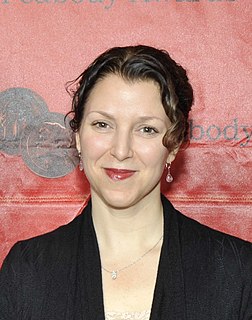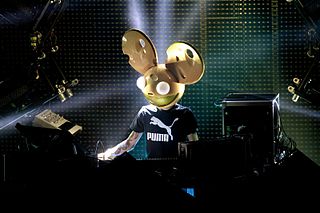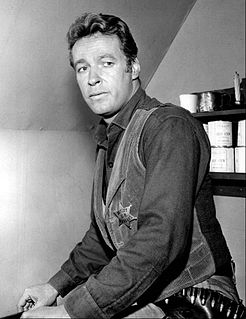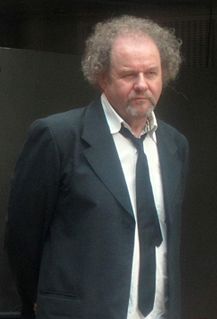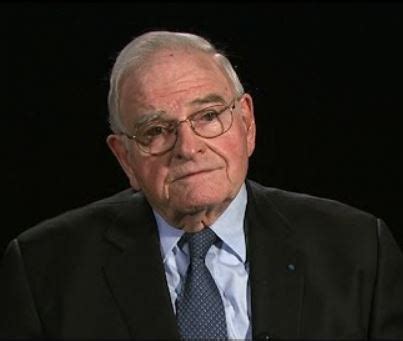Цитата Рэйни Аронсон-Рат
Мой интерес к фильмам виртуальной реальности (VR) начался, когда я начал сотрудничать с Открытой лабораторией документального кино Массачусетского технологического института. Это был огромный опыт — один день в неделю проводить в кампусе Массачусетского технологического института и входить в новый мир повествования, где ожидалось нарушение условностей и традиционных методов. Это было очень сложным и вдохновляющим.
Темы цитат
Опыт
начал
разрушать
кампус
Сложный
день
конференции Глубоко
документальный фильм
Вход
Ожидаемые
стипендиальные
фильмы
Вдохновляющий
интерес
Лабораторные
методы
Методы
MIT
Новый
новый мир
Один день
Открытая
Глубокая
реальность
Рассказывание историй
Традиционная
виртуальная
Неделя
виртуальной реальности Were
World
Связанные цитаты
По своей сути виртуальная реальность — это освобождение от ограничений реальной реальности. Ношение вашей виртуальной реальности с собой и возможность прыгнуть в нее, когда и где вы хотите, качественно меняет опыт к лучшему. Ощущение мобильной виртуальной реальности похоже на то, когда вы впервые попробовали приличную настольную виртуальную реальность.
Я думал о том, чтобы покончить с собой, но вскоре решил, что я всегда могу попробовать себя в MIT, а затем убить себя позже, если все будет так плохо, но я не могу покончить жизнь самоубийством, а потом попробовать MIT. Две операции, самоубийство и посещение Массачусетского технологического института, не связаны друг с другом.
Обычно компании, когда они обращаются к другим людям с просьбой заняться виртуальной реальностью, говорят: «Мы собираемся предложить опыт виртуальной реальности» — для меня это обычно означает, что они собираются поставить кучу 360-градусных камер в комнате. , снимите что-нибудь и оберните видео сферой, чтобы вы могли проследить за головой и осмотреться. Для меня это не виртуальная реальность. Это видео 360°.
Два фактора объясняют наш успех. Во-первых, возрождение Массачусетского технологического института после Второй мировой войны в качестве исследовательского ресурса, поддерживаемого государством. Во-вторых, математическая революция в макро- и микроэкономической теории и статистике. Это было запоздалым и неизбежным, Массачусетский технологический институт был логичным местом для его процветания.
Студенты учат разным вещам, но самое главное, они демонстрируют мужество, необходимое для того, чтобы быть учеником, мужество, необходимое, чтобы открыть себя преобразующей силе реального обучения, и то мужество, с которым я сталкиваюсь почти каждый день в Массачусетском технологическом институте, и что Я глубоко благодарен за.
Я учился в Массачусетском технологическом институте с целой кучей инженеров. А потом однажды я начал работать и спросил себя: «Почему все эти доктора наук Массачусетского технологического института работают на степень MBA Гарварда?» Почему так должно быть? Я был одним из тех инженеров, которые думали: «Почему эти люди принимают такие глупые решения?» Так что весело быть человеком, который их делает.
С. Дж. Кейзер — проницательный и проницательный академический наблюдатель. Его опыт работы в трех университетах, Брандейсе, Массачусетском технологическом институте и Массачусетском технологическом институте, обогащает его взгляды на то, как работают университеты, и его блестящее исследование культуры Массачусетского технологического института.
ЛСД был невероятным опытом. Не то чтобы я рекомендовал это кому-то еще; но для меня это как бы вбило мне в голову, что реальность не является чем-то фиксированным. Что реальность, которую мы видели вокруг себя каждый день, была одной реальностью, и действительной, но были и другие, разные точки зрения, в которых разные вещи имели значение, которые были столь же достоверными. Это оказало на меня глубокое влияние.
